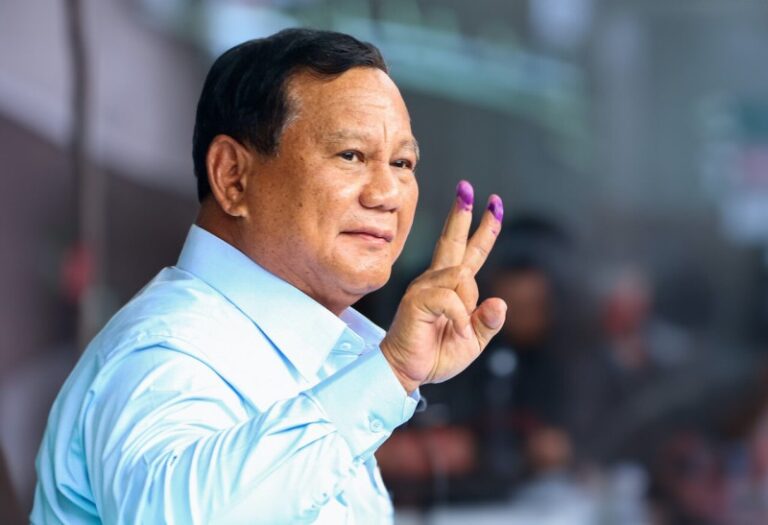TThe natural strategic reefs facing Indonesia are equally demonstrated through maritime disputes over the South China Sea, Natuna Islands, economic ventures with China, and strengthening military partnership with the United States. Prabowo Subianto will formally assume the presidency in November 2024, and many media and commentators have highlighted his pragmatic and constructive approach with strategies to gain ground in international politics as a higher priority compared to his predecessor, who was more focused on achieving domestic goals than international recognition. In the past two months alone, his visits to Malaysia and Singapore, and his meeting with the US Secretary of State in Jordan, have impressed upon him his willingness to actively participate in international affairs.
His realism and constructivist approach in considering international engagement stems from his military background as defense minister during President Joko Widodo’s second term (2019-2024), his military and war experience from the Suharto era, his four forays into national politics as a presidential candidate, and his role as a spokesman for some domestic opposition forces, all of which speak volumes about how Indonesia will play its role in the international and global communities. The controversy over China’s nine-dash line claim helped secure the victory for Prabowo, who was known as an efficient and responsive actor in the face of possible Chinese incursions into Indonesia’s Natuna Islands. As defense minister at the time, Prabowo initiated significant military construction in Riau province, which provided an overlook for possible military engagement resulting from the South China Sea dispute.
However, even if Prabowo is a realist and constructive thinker, his decades of good economic relations with China and the US will prevent him from formulating a lone wolf strategy. Like India, Indonesia will also seek to balance and hedge its foreign policy in the Indo-Pacific. This will force the Prabowo government to strengthen and leverage cooperation with ASEAN and the UN before aligning with the Indo-Pacific sphere of influence.


